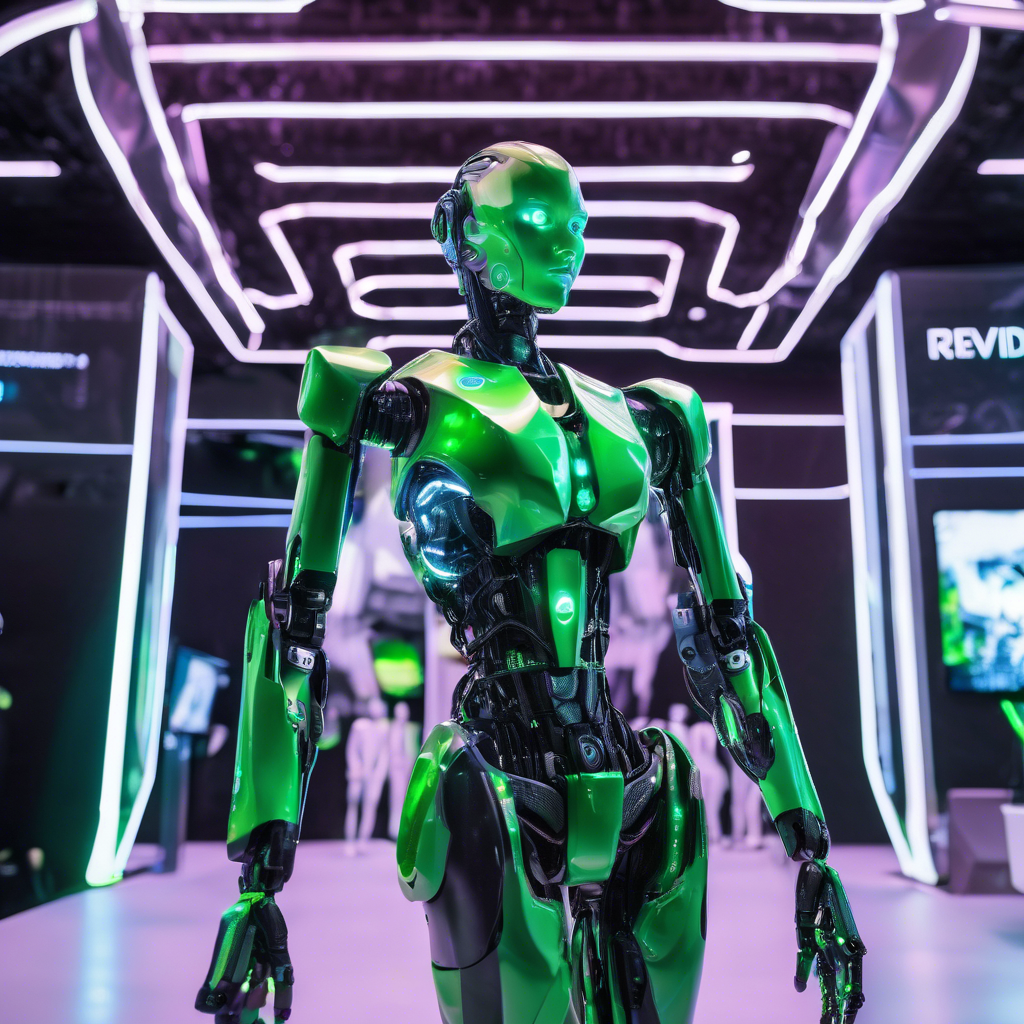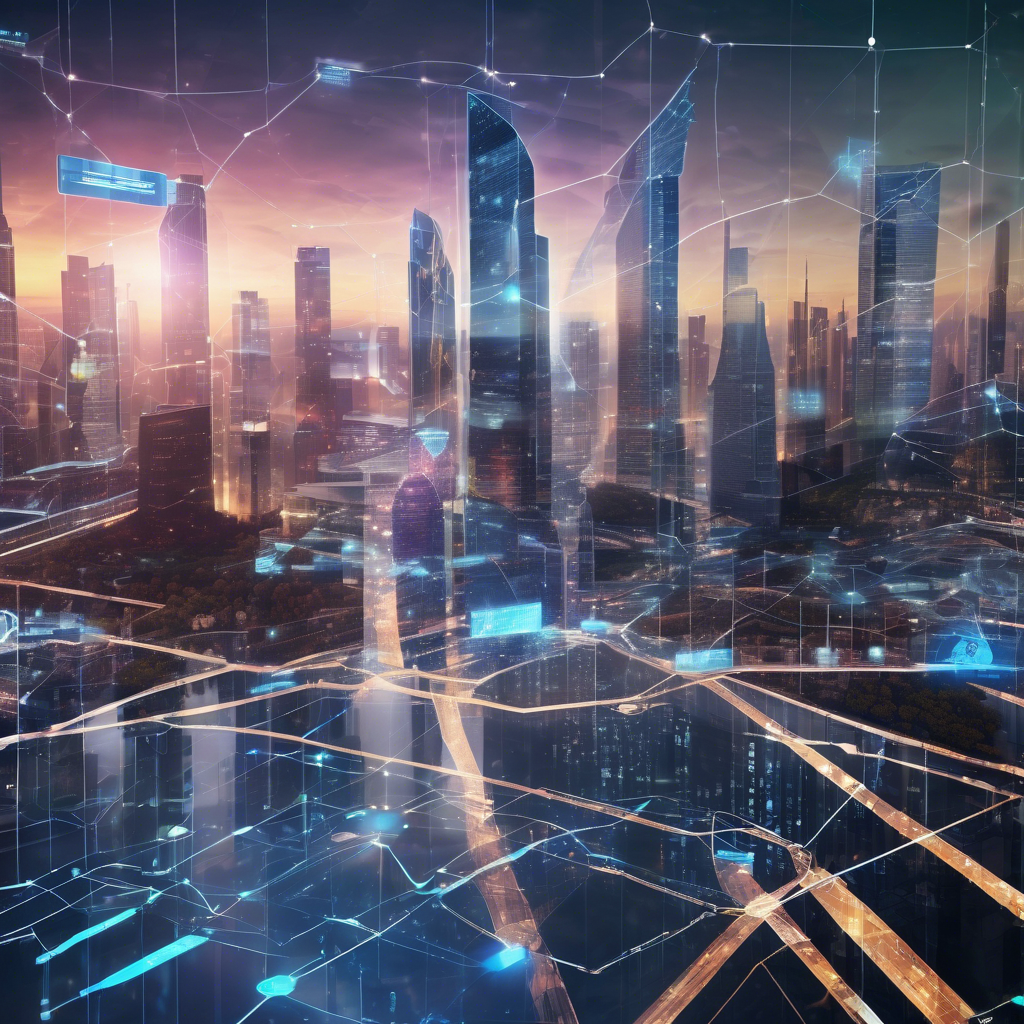How Artificial Intelligence is Revolutionizing Weather Forecasting

Artificial intelligence (AI) is revolutionizing weather forecasting, signaling a transformative shift comparable to the computerization of weather prediction in the 1960s. This evolution profoundly changes how meteorologists and researchers analyze and forecast weather by harnessing AI’s vast computational power and pattern-recognition abilities. Leading institutions like the UK Met Office and the Alan Turing Institute are pioneering AI model development and testing to enhance forecast accuracy and extend prediction horizons beyond traditional short-term “nowcasting” to include medium-range and sub-seasonal forecasts. These improvements in reliability and scope hold significant benefits for sectors dependent on precise weather data. Technology giants such as Google DeepMind and Nvidia, along with specialized startups, are heavily investing in advancing AI-driven forecasting technologies. Their efforts are motivated not only by technological innovation but also by the practical advantages accurate forecasts bring to public safety, agriculture, financial markets, and infrastructure management. For example, better forecasts improve early warnings for extreme weather, optimize farming schedules, manage financial risks, and assist infrastructure planning. Among notable experimental AI systems is the Alan Turing Institute’s end-to-end model, Aardvark, which bypasses traditional data assimilation processes. It can run efficiently on standard desktop computers, democratizing advanced forecasting access, especially in regions with limited meteorological data.
Similarly, Nvidia’s CorrDiff model pushes spatial resolution boundaries, achieving nearly 2-kilometer precision for hyperlocal forecasts, providing invaluable localized insights for communities and organizations. However, challenges persist, notably data availability issues driven by US government cuts to NOAA and rising geopolitical tensions that threaten international data-sharing essential for effective AI forecasts. These disruptions could reduce model accuracy and reliability. Despite AI’s rapid forecast generation capabilities, human meteorologists remain crucial in interpreting AI outputs, resolving discrepancies, and offering contextual expertise beyond machine capacities. The growing synergy between human expertise and AI promises more accurate, efficient weather predictions critical for preparing societies against extreme weather. Looking forward, the fusion of AI and meteorology heralds a new era in weather forecasting. As AI models gain sophistication and operational integration, they offer vast potential to save lives, protect property, and bolster economic activities. By addressing existing challenges and fostering collaboration among scientists, governments, and industries, weather forecasting is set to undergo a remarkable transformation benefitting humanity on many levels.
Brief news summary
Artificial intelligence (AI) is transforming weather forecasting by quickly analyzing large datasets to increase accuracy and extend prediction horizons from immediate nowcasting to sub-seasonal forecasts. Organizations like the UK Met Office and the Alan Turing Institute are creating advanced AI models that enhance forecast speed and reliability, benefiting sectors such as public safety, agriculture, finance, and infrastructure. Innovations include the Turing Institute’s Aardvark model, which skips traditional data assimilation and runs on standard computers to boost accessibility, and Nvidia’s CorrDiff model, offering hyperlocal forecasts with nearly 2-kilometer resolution. Major tech firms like Google DeepMind and Nvidia are heavily investing in AI weather technologies. Despite progress, challenges persist due to decreased data availability caused by NOAA budget cuts and geopolitical tensions. Meteorologists remain essential in interpreting AI outputs, blending human expertise with technology. This synergy between AI and human insight is driving a new era of efficient, accurate, and resilient weather prediction, dependent on ongoing collaboration among scientists, governments, and industry to fully realize AI’s global potential.
AI-powered Lead Generation in Social Media
and Search Engines
Let AI take control and automatically generate leads for you!

I'm your Content Manager, ready to handle your first test assignment
Learn how AI can help your business.
Let’s talk!

Nvidia announces humanoid robotics, customer AI i…
Nvidia (NVDA) arrived at this year’s Computex Taipei tech expo on Monday with a range of announcements, spanning from the creation of humanoid robots to the expansion of its advanced NVLink technology.

Blockchain Government Market Projected to Reach $…
The global blockchain technology market in government sectors is experiencing unprecedented growth, valued at $22.5 billion in 2024 and projected to reach $791.5 billion by 2030.

Nvidia CEO Announces Major Taiwan Chip Investment…
At the 2025 Computex technology exhibition in Taipei, Nvidia CEO Jensen Huang announced significant initiatives underscoring the company’s deepening commitment to Taiwan and the advancement of artificial intelligence infrastructure.

Pi Network Price Prediction: Tsinghua’s Blockchai…
Recent discussions on Pi Network price predictions have revived interest in a vision championed by Tsinghua University, one of China’s premier technology institutions.

Nvidia Plans to Sell Tech to Speed AI Chip Commun…
On Monday, Nvidia revealed plans to commercialize a new technology aimed at enhancing chip-to-chip communication, a critical factor for advancing and deploying artificial intelligence (AI) systems.

Ripple Launches Blockchain Pilot To Boost Colombi…
Ripple has initiated a blockchain pilot project in Colombia aimed at providing financial support to small-scale panela farmers.

Elton John brands government 'absolute losers' ov…
Elton John Criticizes Government’s AI Copyright Plans, Calls Them “Losers” Sir Elton John has harshly condemned the UK government over its plans to exempt technology firms from copyright laws related to artificial intelligence (AI)

 Auto-Filling SEO Website as a Gift
Auto-Filling SEO Website as a Gift








 Auto-Filling SEO Website as a Gift
Auto-Filling SEO Website as a Gift

